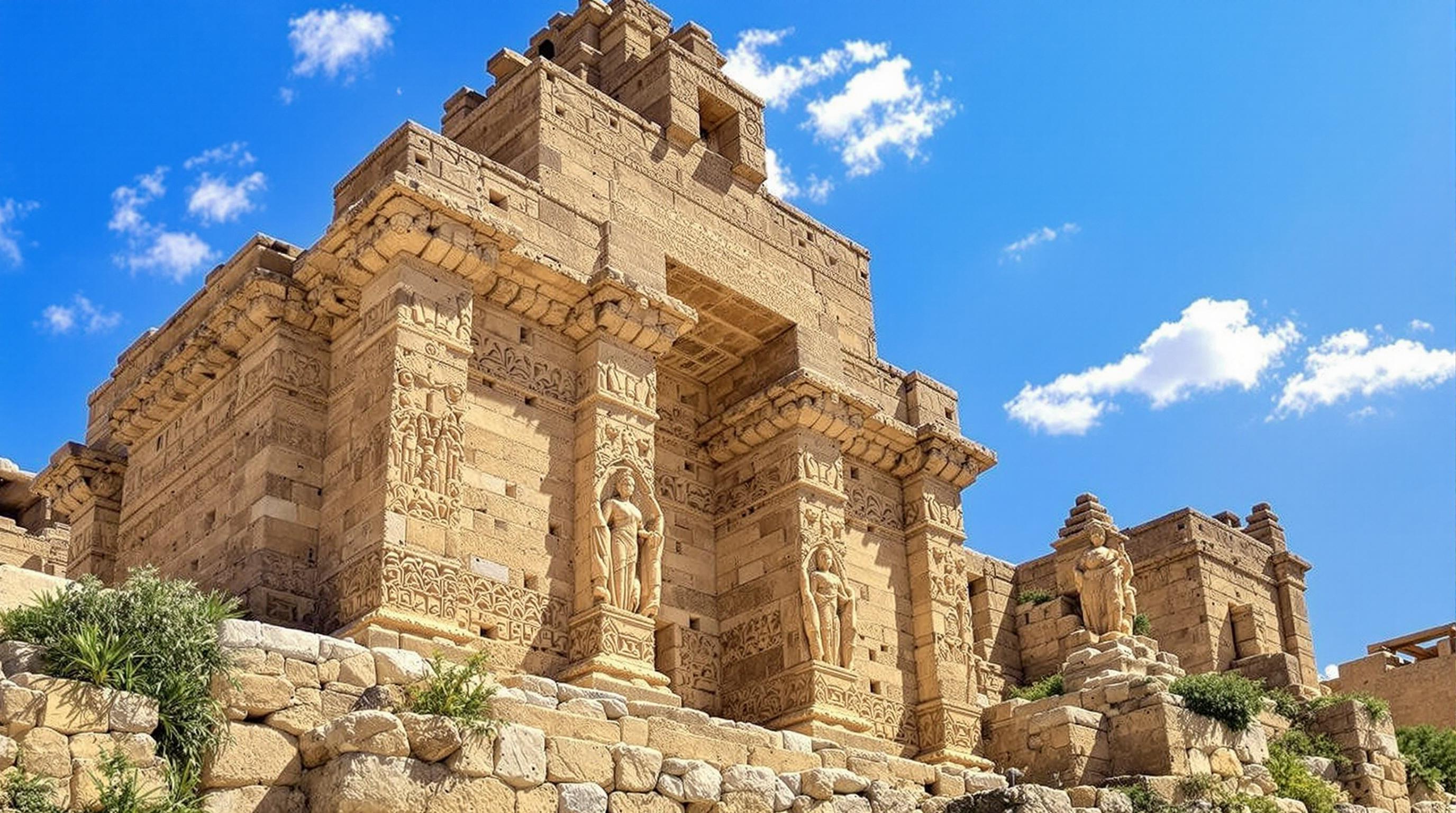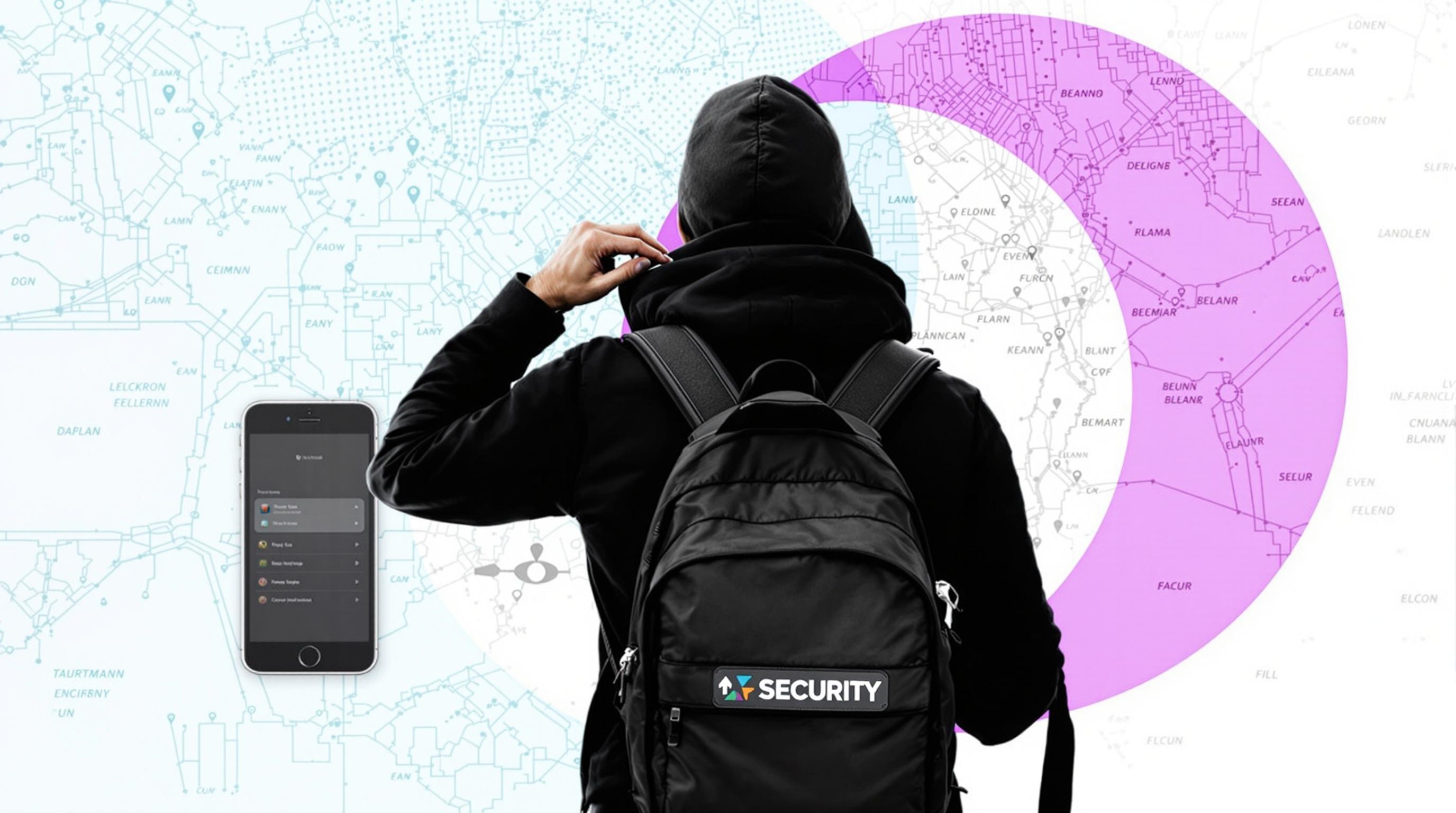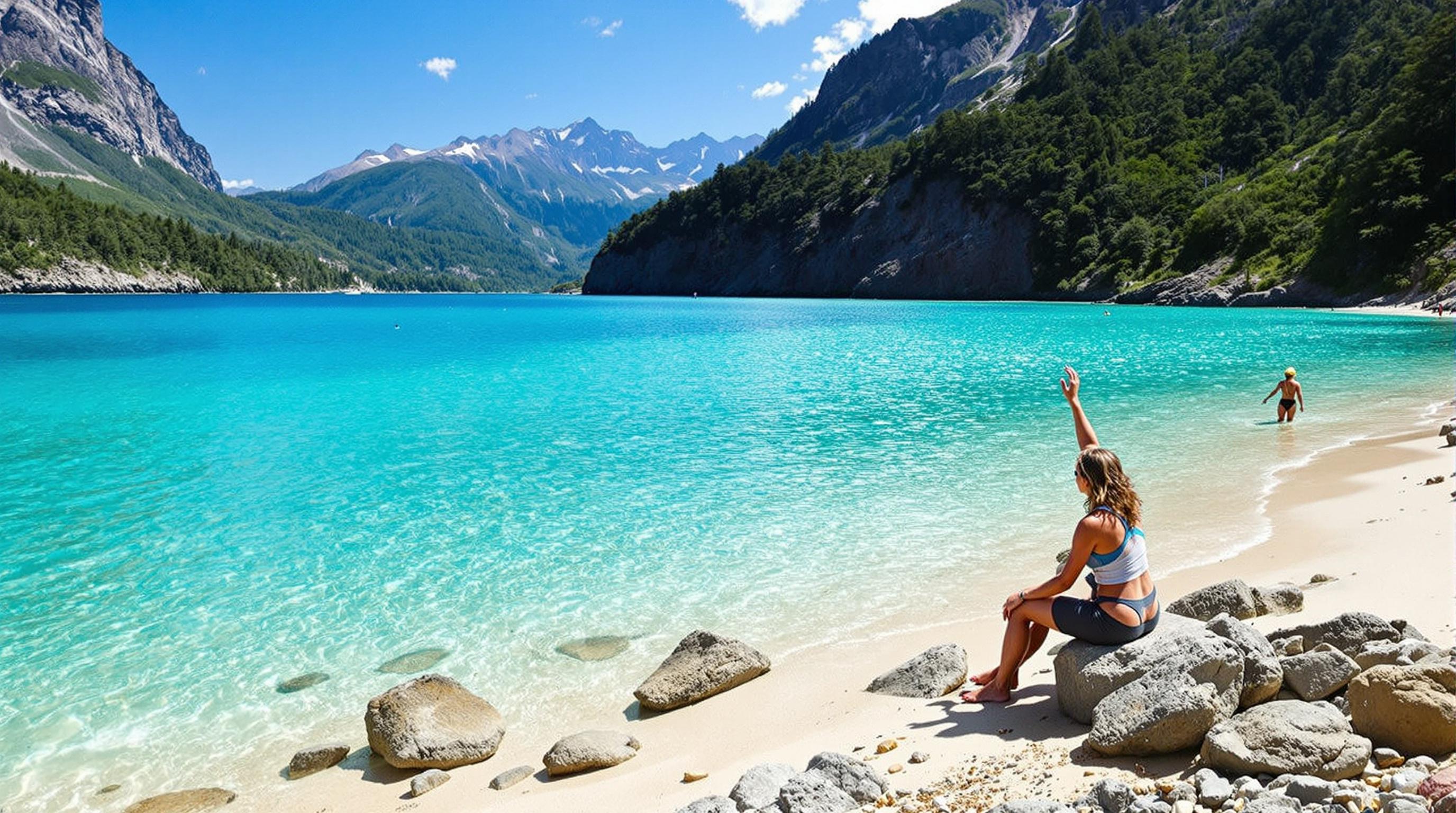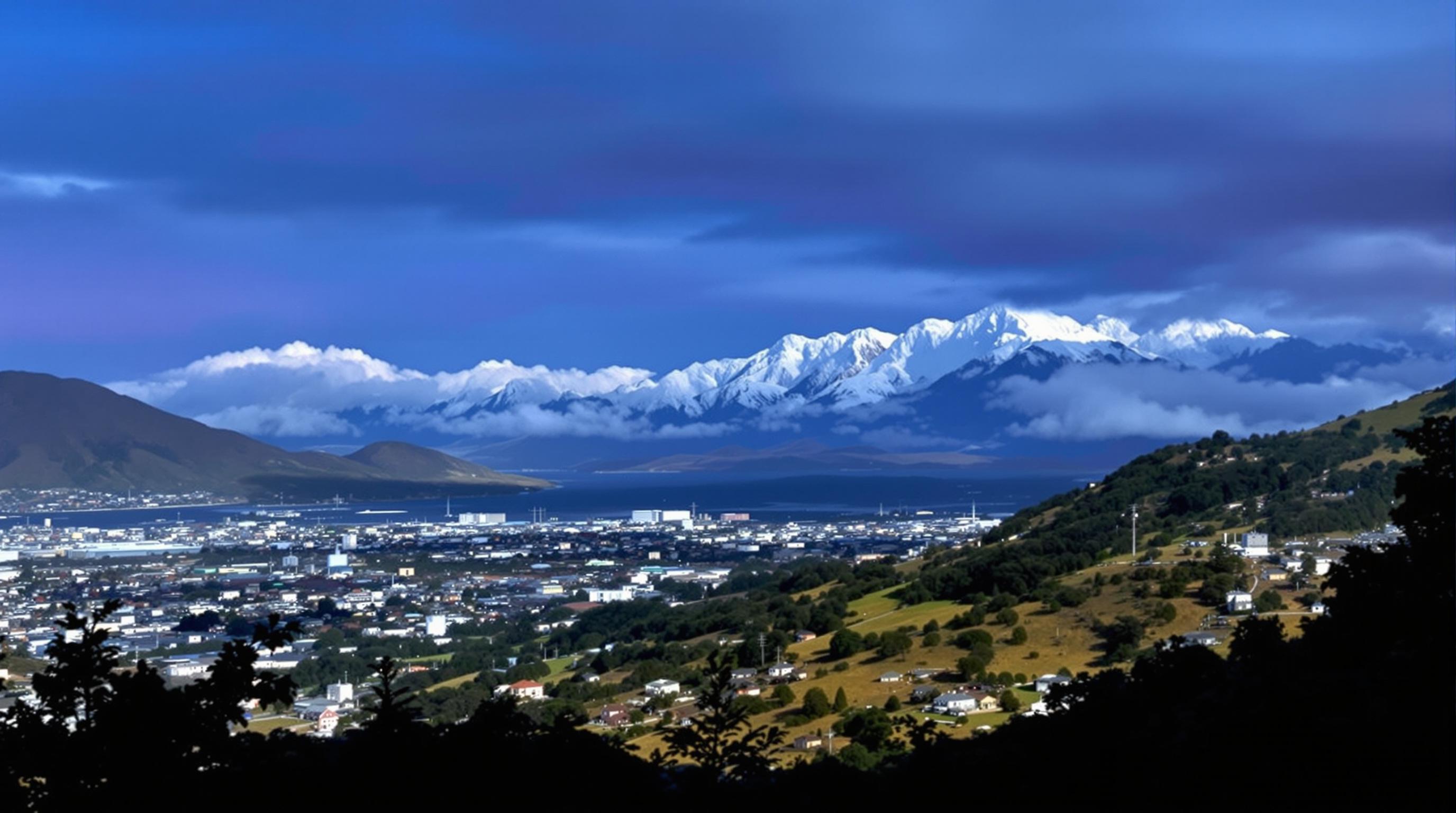Related Articles
- Uncharted Escapes: Navigating the Controversial Allure of Fringe Destinations and Their Untold Stories
- Uncharted Realms: The Surprising Intersection of Urban Legends and Adventure Travel in Offbeat Locations
- Curious Chronicles: Bizarre Transport Innovations Shaping Uncommon Explorations Across Unvisited Trails
- The Forgotten History of Eco-Adventuring: Learning from Indigenous Practices for Modern Exploration
- The Hidden Impact of Eco-Conscious Adventure Games on Environmental Education and Community Resilience
- Uncommon Routes: The Unexpected Appeal of Ghost Town Hikes in Eco-Friendly Exploration
11 Uncommon Travel Safety Guidelines Inspired by Ancient Civilizations: Wisdom from the Past for Today’s Wanderers
11 Uncommon Travel Safety Guidelines Inspired by Ancient Civilizations: Wisdom from the Past for Today’s Wanderers
11 Uncommon Travel Safety Guidelines Inspired by Ancient Civilizations: Wisdom from the Past for Today’s Wanderers
1. Embrace the Wisdom of the Oracle
The ancient Greeks often relied on oracles for guidance before embarking on significant journeys. This can be translated today into consulting reliable sources or travel advisories before heading to a new destination. Check recent news articles, government travel warnings, and local forums to gauge the safety and political climate of your chosen location.
Consulting modern "oracles" such as travel bloggers or local expatriates can offer firsthand insights that official sources might not provide. Engaging directly with residents can give you deeper perspectives on the areas to avoid and the must-visit spots.
By preparing yourself with knowledge that goes beyond surface-level details, you not only enhance your safety but also enrich your travel experience with authentic interactions.
2. Pack Light Like the Nomads
Nomadic tribes, such as the Tuareg of the Sahara, mastered the art of traveling light. Their wisdom tells us that carrying fewer possessions equates to less burden—in both weight and risk. By packing only the essentials, you minimize the chance of losing valuables and reduce the stress linked to keeping track of multiple items.
Consider investing in quality, multifunctional gear that serves several purposes. For example, a scarf can be used as a sunshade, a blanket, or even a makeshift bag. This approach not only aids in mobility but also reflects a contemporary nod to ancient practices.
Traveling light fosters adaptability; thus, you can shift your plans more easily should unexpected dangers arise, much like the nomads who thrived in changing terrains.
3. Create a Travel Pact
The ancient Spartans operated under a code of loyalty and protection known as the "Phalanx." As modern travelers, establishing a pact with a travel companion can significantly enhance safety. Agree on a set of rules, such as keeping an eye on each other’s belongings and maintaining proximity in crowded areas.
Furthermore, share your itinerary with close friends or family, ensuring someone is always aware of your whereabouts. This practice is akin to Spartans fortifying their defenses through unity and communication.
In instances of emergencies or uncertainties, having a trusted companion not only provides emotional support but can also act as a first line of defense against potential threats.
4. Navigate with the Stars
Ancient sailors and travelers relied heavily on the stars for navigation, a skill that can be adapted for modern travel safety. Familiarizing yourself with the celestial patterns can offer guidance in directional emergencies, especially when technology fails.
Understanding basic constellations can help you find your way back to safety at night, particularly in unfamiliar terrain. This knowledge reconnects us with ancient wisdom while equipping us with practical skills.
Moreover, consider offline maps or star-gazing apps to explore the night sky in conjunction with your navigation, thereby merging technology with ancient practices.
5. Respect the Local Customs
Indigenous tribes, such as the Native American communities, emphasize the importance of understanding and respecting local traditions. Travelers can practice this by researching cultural norms before arriving in a new place, ensuring you act respectfully and avoid potential conflicts.
This cultural sensitivity not only keeps you safe but can open doors to enriching experiences. Observing how locals behave—especially in sacred spaces or communal areas—can provide essential clues on how to conduct yourself appropriately.
Moreover, when you actively respect customs, you often become less of a target for thieves or scammers who prey on misinformed travelers.
6. Trust Your Instincts
Many ancient societies, like the Romans, placed a high value on personal intuition when navigating uncertain situations. Today, trusting your gut feelings about safety can often be the best guide. If something feels off—a location, a person, or an atmosphere—listen to that inner voice.
Practicing awareness of your surroundings and thoughtfully assessing situations can lead to sensible decision-making and quicker exits from precarious situations. Your instincts can often detect danger before it becomes apparent to the rational mind.
Fostering this connection to your intuition is akin to tapping into a collective ancestral wisdom passed down through generations of travelers who learned to read conditions beyond the obvious.
7. Embody the Hospitality of the Bedouins
The Bedouins are known for their spirit of hospitality, often inviting travelers into their tents. Modern travelers can adopt this principle by cultivating connections with locals wherever they go. Building relationships not only enriches your travel experience but also provides a safety net should you encounter trouble.
Engaging with local communities and making genuine friendships can also inform you about areas to avoid while highlighting safe havens where you can return if in distress.
This symbiotic relationship mirrors how communities have supported travelers throughout history, fostering an atmosphere of cooperation and mutual respect.
8. Adapt to Your Surroundings
Indigenous peoples everywhere learned to adapt swiftly to changing environments for survival. Modern travel calls for a similar flexibility. Be prepared to change your plans due to weather, local unrest, or other unforeseen circumstances.
Staying informed through local news updates and staying connected to fellow travelers can allow for quick adjustments, securing your safety and comfort during your journey.
Adapting ensures you are not just a passive observer but an engaged participant in the regions you explore—just like the ancient peoples who navigated their landscapes with skill and insight.
9. Harness the Power of Group Travel
From the caravans that crossed deserts to the trade ships of the Phoenicians, ancient cultures often traveled in groups for safety. This principle holds true today, as there is safety in numbers. Whether through organized tours or group travels among friends, moving with others not only adds to the experience but enhances personal security.
Group dynamics create a protective barrier and allow members to support each other in moments of hesitance or doubt. Furthermore, shared experiences often bring the opportunity for deeper bonding and memorable moments.
Sharing your travel adventures reduces the risk of becoming isolated and vulnerable, echoing the collective journey of ancient caravans.
10. Seek Out Ancient Sites Cautiously
Exploring ancient ruins or sites can be an exhilarating experience, but it's essential to approach these visits with caution and respect. Many such locations hold historical and cultural significance, thus it's wise to learn the do's and don'ts of site etiquette.
Be aware of the physical risks involved in visiting crumbling structures or deep caves. Ensure you are equipped with proper gear and follow guidance from professionals. This echoes the practices of our ancestors who honored their sacred sites while remaining vigilant to the dangers they presented.
Recognizing the value these places hold not only ensures your safety but also honors the legacy of those who came before you.
11. Carry a Token of Protection
An array of ancient cultures, from the Egyptians to the Greeks, carried amulets and charms as symbols of protection. Though we now think of this as superstition, adopting this practice can lend a psychological boost, reminding you to stay vigilant while traveling.
Whether it’s a small token, a photograph of a loved one, or a meaningful piece of jewelry, having something familiar can provide comfort and strength during uncertain times. The symbolism behind such items can also foster a sense of connection to your roots.
While tangible objects may not physically protect you, their mental assurance fosters a confident mindset that can enhance your overall safety and travel experience.




